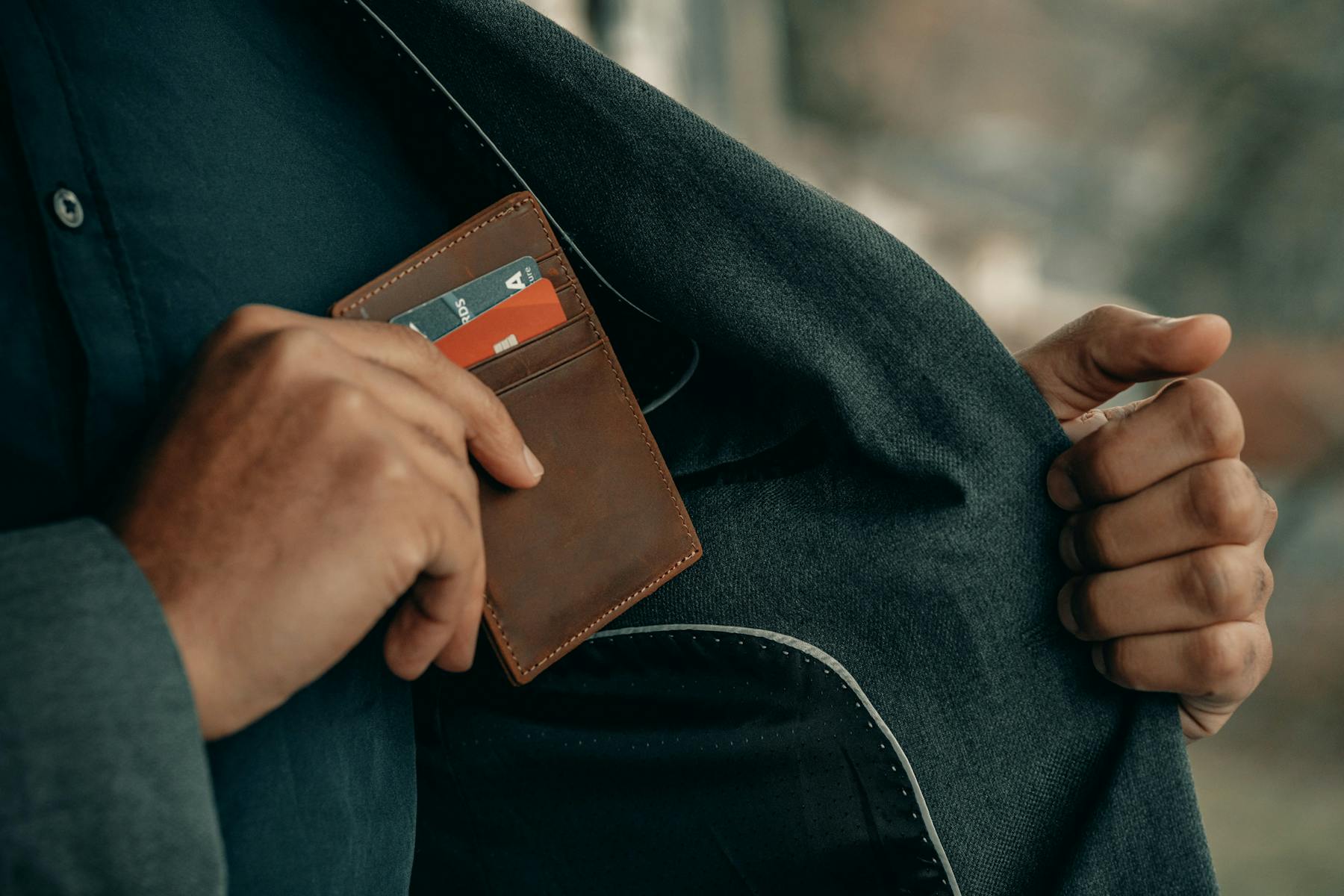
FDIC Insurance in 2023: Is Your Money Safe in the Bank?

Jarrod Suda
Guide

A writer and editor at Monito, Jarrod is passionate about helping people apply today’s powerful finance technologies to their lives. He brings his background in international affairs and his experiences living in Japan to provide readers with comprehensive information that also acknowledges the local context.
François Briod
Reviewer

Co-Founder of Monito and money transfer expert, François has been helping Monito’s users navigate the jungle of money transfer fees, bad exchange rates and tricks for the last ten years.
Links on this page, including products and brands featured on ‘Sponsored’ content, may earn us an affiliate commission. This does not affect the opinions and recommendations of our editors.
Read moreIn March 2023, the collapse of Silicon Valley Bank into insolvency sent shockwaves through America's regional banking system. Depositors, concerned about losing access to their money, began to withdraw their balances from Silicon Valley Bank en masse.
It is important to note that the Federal Deposit Insurance Corporation (FDIC) was established by Congress to prevent such bank runs. All FDIC-member banks provide insurance of up to $250,000 per depositor. This gives depositors coverage over a range of deposit accounts such as checking, savings, and money market accounts in case their bank goes bust.
For Silicon Valley Bank depositors with balances exceeding the insured amount, regulators stepped in to provide additional protection. This move played a critical role in restoring confidence in the banking system and preventing the spread of bank-run contagion throughout the country.
Below, we expand on what you need to know about FDIC insurance, the scope of coverage, and secure US banks.
Understanding FDIC Insurance Limits
The United States Congress established the Federal Deposit Insurance Corporation (FDIC) as an independent agency in 1933 to safeguard depositors against bank failures by providing deposit insurance. It's worth noting that banks manage their portfolios with a wide variety of strategies, some being more stable than others. Silicon Valley Bank and Signature Bank, for instance, poorly managed assets that dramatically decreased in value following sudden hikes in US interest rates.
Bank managers and executives are responsible for managing their bank's balance sheet. They also bear the legal liability and the risk of losses associated with their assets and liabilities. Depositors are not expected to bear these risks, which is why the FDIC provides insurance to people who open up basic checking accounts.
Let's answer the big question — is your money safe in the bank? The short answer is yes. The FDIC insures deposits up to $250,000 per depositor per insured bank. This means that even in the rare case of bank failure, you will not lose your money as long as it is within the insured limit.
What Deposit Products Are Insured by the FDIC?
Here is a list of products that the FDIC considers as deposits worthy of coverage:
- Checking accounts
- Savings accounts
- Money market deposit accounts
- Certificates of deposit (CD)
- Prepaid cards (assuming certain FDIC requirements are met)
Financial Products That Are Not Insured by the FDIC
Here is a list of assets that the holder must bear responsibility for, which are not covered by FDIC protection:
- Stock investments
- Bond investments
- Mutual funds
- Crypto Assets
- Life insurance policies
- Annuities
- Municipal securities
- Safe deposit boxes or their contents
- U.S. Treasury bills, bonds or notes*
*These investments are backed by the full faith and credit of the U.S. government.
Security and Risks of Your Bank Accounts
When it comes to managing your finances, there are a few different options available. Some of the most popular choices include FDIC-insured banks, online bank accounts, and electronic money institutions.
FDIC-Member Banks
FDIC-insured banks are traditional brick-and-mortar banks that offer a wide range of banking services, including loans, mortgages, and wealth management. These banks are licensed and regulated by the federal government, and they are required to maintain certain capital reserves to ensure that they are financially stable.
Certain large banks are even considered "Global Systemically Important Banks" or G-SIBs. These banks have been evaluated and listed by the Financial Stability Board, which is an international body set up by the G20 major economies. As of 2022, the most systemically important banks in the United States included Morgan Stanley, Wells Fargo, Bank of New York Mellon, State Street, Goldman Sachs, Bank of America, Citigroup, and JP Morgan Chase.
Overall, you should stray away from banking with a bank that is not a member of the FDIC. For additional vetting, look for banks that have high ratings with independent agencies like Moody's or S&P.
Online "Neobank" Accounts
Online bank accounts, often called neobanks, are a newer type of banking service that has gained popularity in recent years. Unlike traditional banks, online bank accounts are operated by fintech companies that partner with FDIC-insured banks to offer their customers access to banking services.
While they cannot issue credit, debt, and other wealth management services, they do provide basic checking and savings accounts. In addition, online bank accounts are often more convenient and user-friendly than traditional banks, with features like 24/7 smartphone access, instant transfers, and fee-free ATM withdrawals.
Electronic Money Institutions
Electronic money institutions, or EMI, are financial entities that have licenses allowing them to manage digital equivalents of cash. These digital wallets enable users to hold money and make payments online or via mobile apps, without the need for physical cash or checks.
It's important to note that not all electronic money institutions are insured by the FDIC. Nevertheless, they still undergo strict regulations and are required to meet high standards. For example, licensed EMI companies must segregate customer accounts from company accounts and are prohibited from lending out customer funds, as mandated by the UK's Financial Conduct Authority.
Bottom Line to Protecting Your Account Balances
Regardless of whether you choose a large national bank, a regional bank, or a local credit union, your deposits will be insured up to $250,000 as long as they are members of the FDIC (or the National Credit Union Administration for credit unions).
So, there's no need to worry and rush to withdraw your money. To ease any concerns regarding Silicon Valley Bank, the government also provided guarantees for uninsured SVB funds.
If you have more than $250,000 in savings, you can consider diversifying your accounts by opening multiple accounts at different banks. This will ensure that all of your money is fully covered.
Secure Banks in the U.S.
As more people shift towards digital banking, it's important to prioritize safety and legitimacy when choosing an online bank. We only recommend reputable companies that are regulated by competent authorized bodies and don't lend out customer money.
If you're looking to streamline your banking portfolio in 2022, consider US digital banks for their low fees, convenience, and seamless internet-based experience. Our Monito experts have reviewed the options to help you make the best possible choice.
Chime
Chime is one of the US's leading mobile finance apps and debit cards that offers high-yield savings and no transfer fees. Chime also utilizes a 128-bit AES encryption system, and you can disable your Chime debit card instantly and at any time using the app. The company boasts more than 75,000 five-star reviews on Trustpilot.
- Type: Financial technology company, not a bank
- Banking services: The Bancorp Bank and Stride Bank, Members FDIC
- Users: 12,000,000
- Trustpilot score: 3.9/5
- Full review
Revolut
Revolut is a global financial technology company that provides a range of banking services, including online money transfer, currency exchange, and investment options. Although it does not have a bank license in the United States, it partners with established financial institutions, such as FDIC-insured Metropolitan Commercial Bank and Sutton Bank, to offer its services. It also employs top-notch security measures, including end-to-end encryption and the ability to lock your card instantly if lost or stolen.
- Type: Financial technology company, not a bank in US
- Funds in Revolut Prepaid Card Account: Metropolitan Commercial Bank, Member FDIC
- Savings Vault services: Sutton Bank, Member FDIC
- Users: 16,000,000
- Trustpilot score: 4.4/5
- Full review
Wise Multi-Currency Account
The Wise Multi-Currency Account is licensed as an Electronic Money Institution that allows you to hold over 50 currencies in a single account, making it easy to manage your finances across multiple countries. Additionally, Wise uses mid-market exchange rates to convert currency. The Wise account comes with a debit card that can be used to withdraw cash and make purchases in over 200 countries, making it popular among frequent travelers.
Take note that your US funds are not automatically insured by the FDIC. Only once you’ve opted-in to earn interest on your Wise account will you be able to take advantage of FDIC pass-through insurance on your USD balance up to $250,000.
- Type: Electronic Money Institution
- Cash deposits held: Goldman Sachs Bank USA, JP Morgan Chase Bank, Wells Fargo Bank
- Users: 10,000,000
- Trustpilot score: 4.6/5
- Full review
Brex
Brex is one of the leading online business bank accounts in the United States. The account is completely fee-free, with no maintenance fees, ACH transfer fees, or incoming and outgoing domestic and international wire fees. Brex offers business credit cards, an airline points program, and much more from its online portal.
100% of your funds are always available for withdrawal, and the company never uses your deposits for lending purposes. Additionally, you can enjoy up to $2.25 million in total FDIC coverage across nine partner banks, including JPMorgan Chase. Your funds are diversified across multiple banks, ensuring maximum protection for your money.
If you have a balance over $2.25 million, Brex offers money market funds that are required to hold at least 99.5% in cash or securities backed by the U.S. Government. This ensures that even larger balances are safe and secure.
- Type: Financial technology company, not a bank
- Cash deposits held: JP Morgan Chase Bank and 8 others
- Users: 50,000
- Trustpilot score: 3.3/5
- Full review

Frequently Asked Questions About Secure Banks and Deposit Safety
Where should I keep my money?
A safe place to keep your money is in a bank that is insured by the FDIC or a credit union that is insured by the NCUA. These government-backed insurance programs protect your money up to a certain amount in case the bank or credit union fails.
Is my money safe in the bank?
Yes, your money is generally safe in the bank. The Federal Deposit Insurance Corporation (FDIC) provides insurance for deposits up to $250,000 per depositor, per account category, per bank. It is important to choose a reputable bank that is a member of the FDIC to ensure your deposits are fully insured.
Should I take my money out of the bank?
There is usually no need to take your money out of the bank, especially if it is insured by the FDIC or NCUA. Keeping your money in a bank or credit union is a safe and convenient way to access your funds and earn interest.
Can banks take your money in a recession?
Banks cannot take your money in a recession.
References Used In This Guide
Your Insured Deposits. FDIC. Accessed on 15 March 2023.
Financial Products That Are Not Insured by the FDIC. FDIC. Accessed on 15 March 2023.
About Us. Brex. Accessed on 15 March 2023.
Is it safe to keep money in my Wise account? Wise. Accessed on 15 March 2023.
Personal Terms. Revolut. Accessed on 15 March 2023.
About Us. Chime. Accessed on 15 March 2023.
Brex startup business account. Brex. Accessed on 15 March 2023.
Deposit Insurance At A Glance. FDIC. Accessed on 15 March 2023.
Other Guides About Safe Online Banking in the United States and Internationally

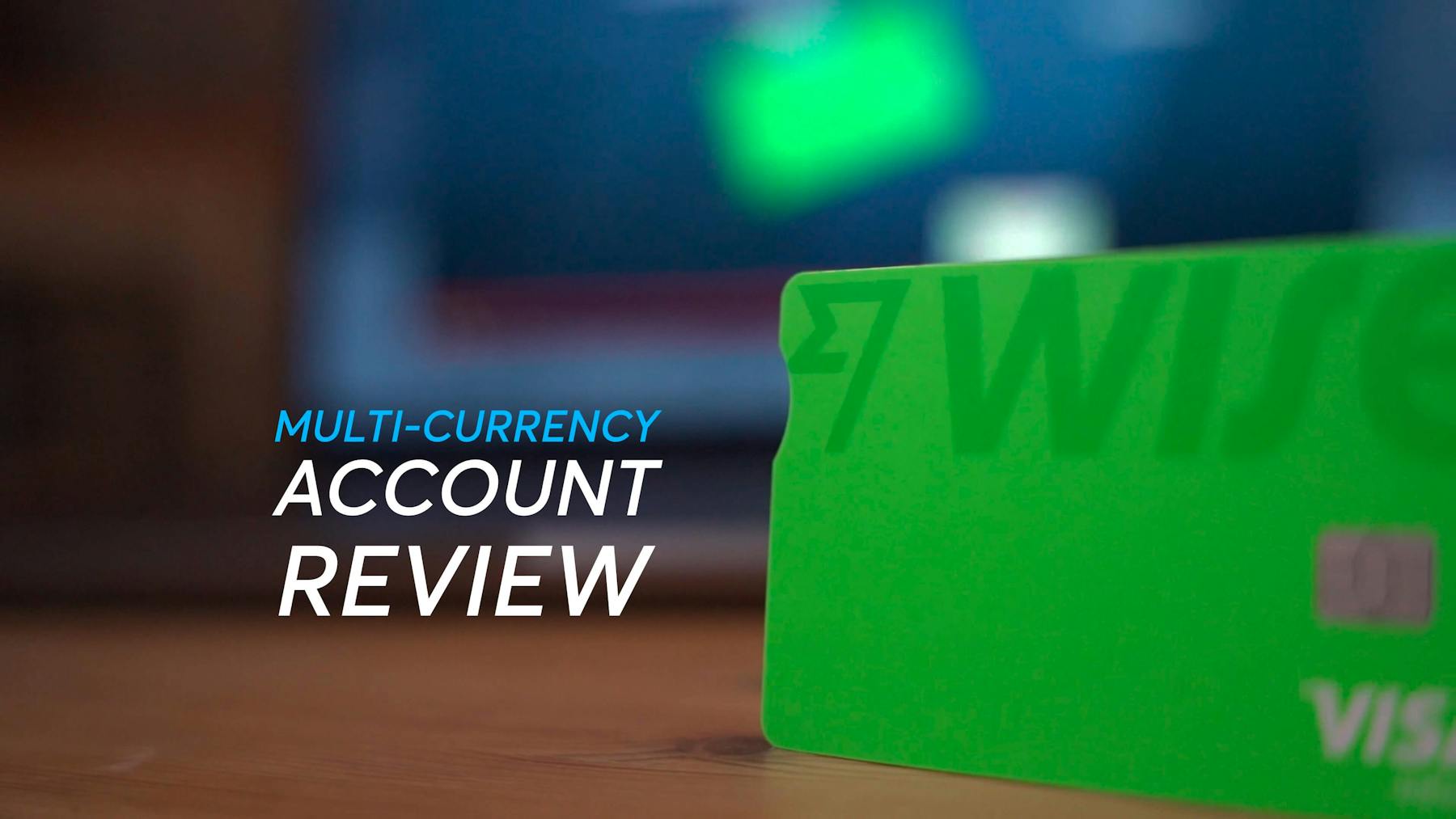
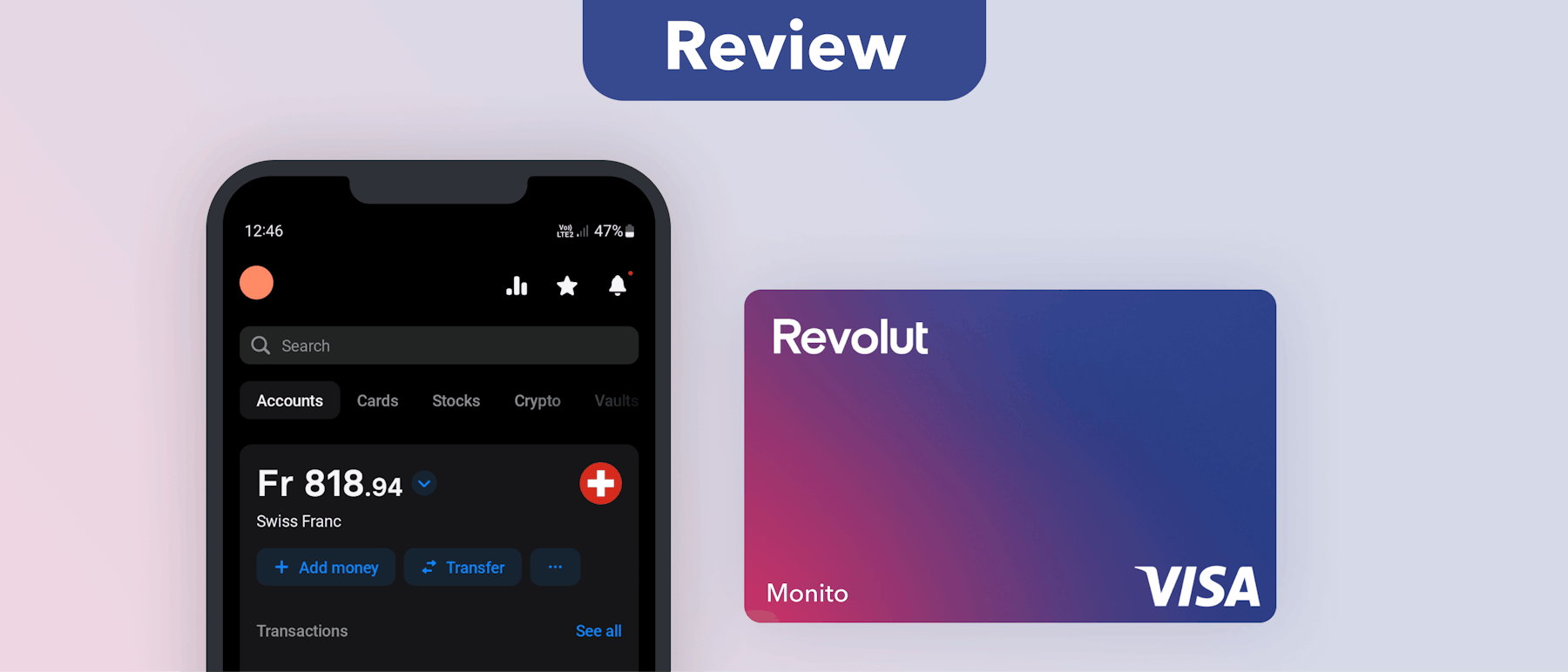
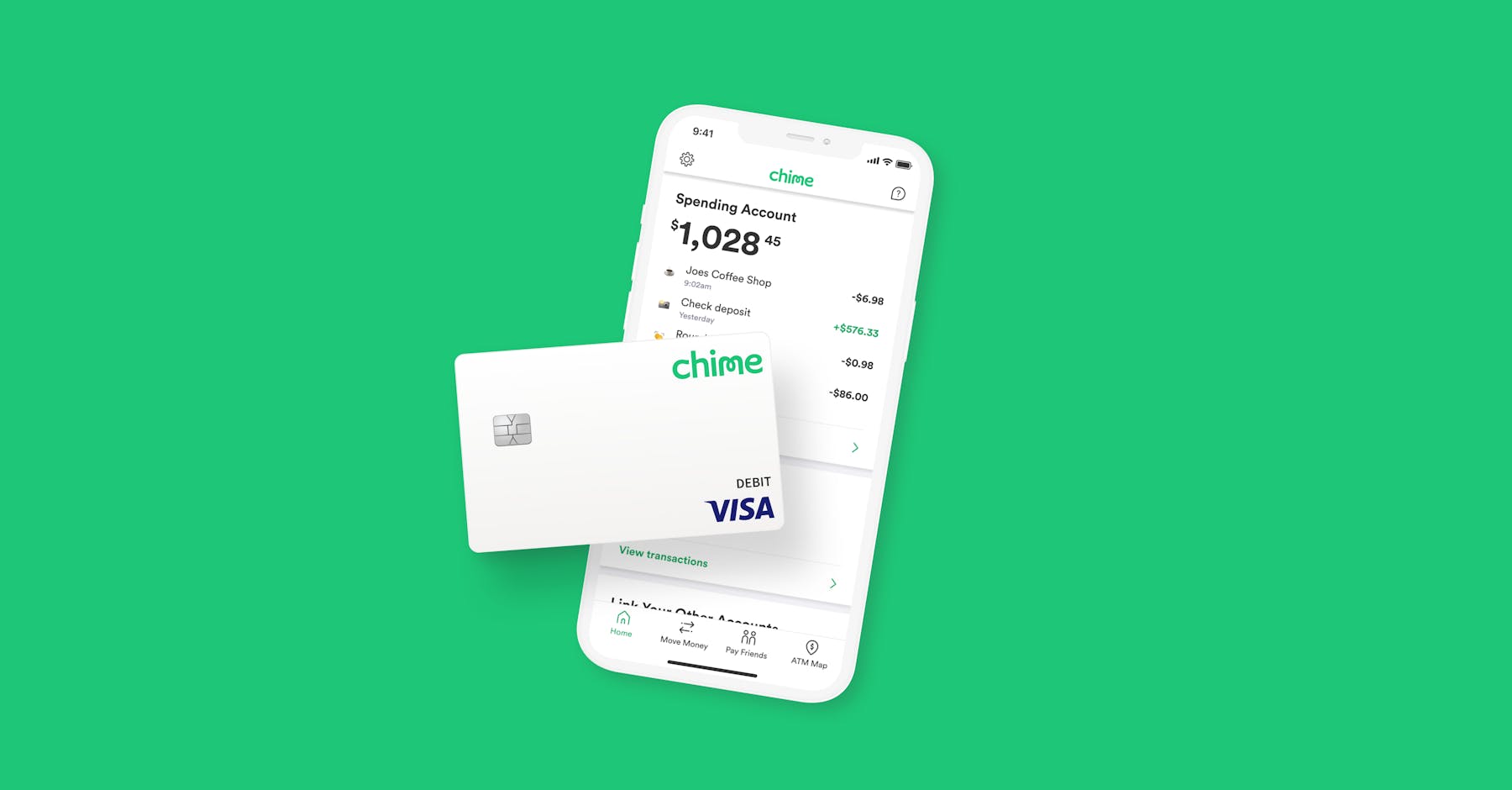




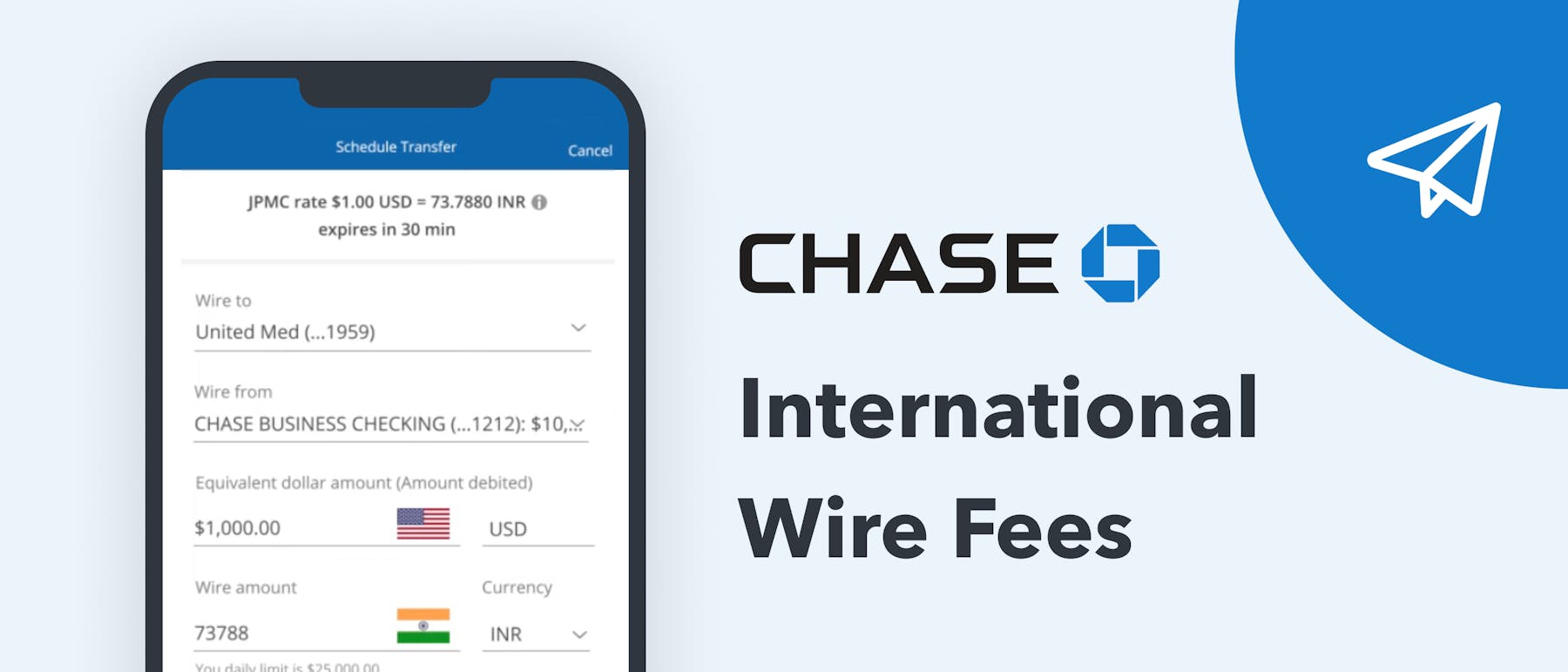

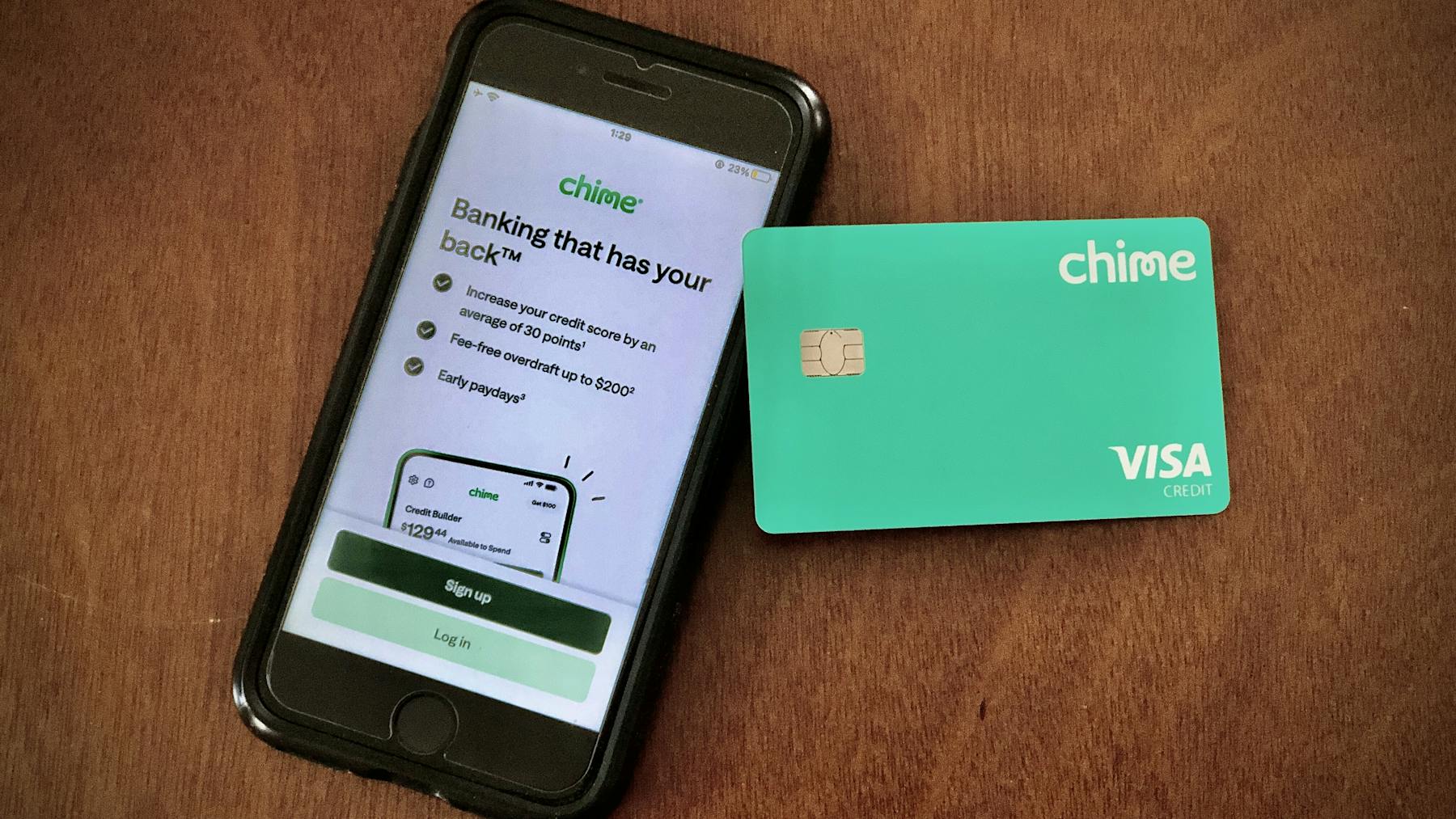
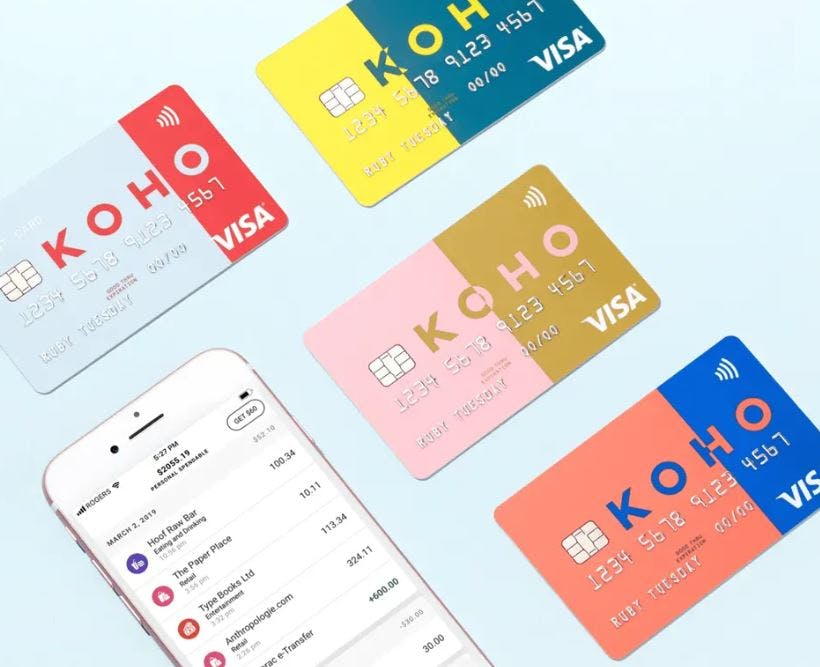



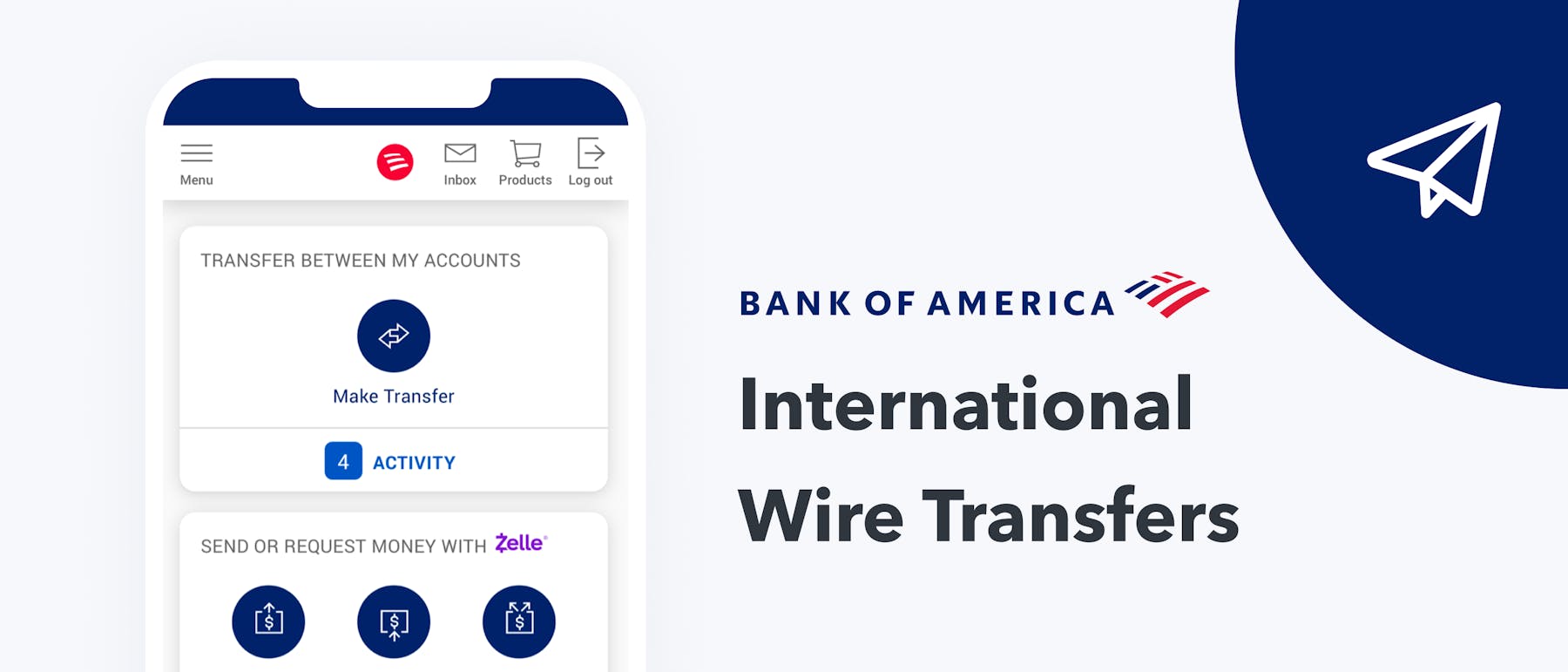
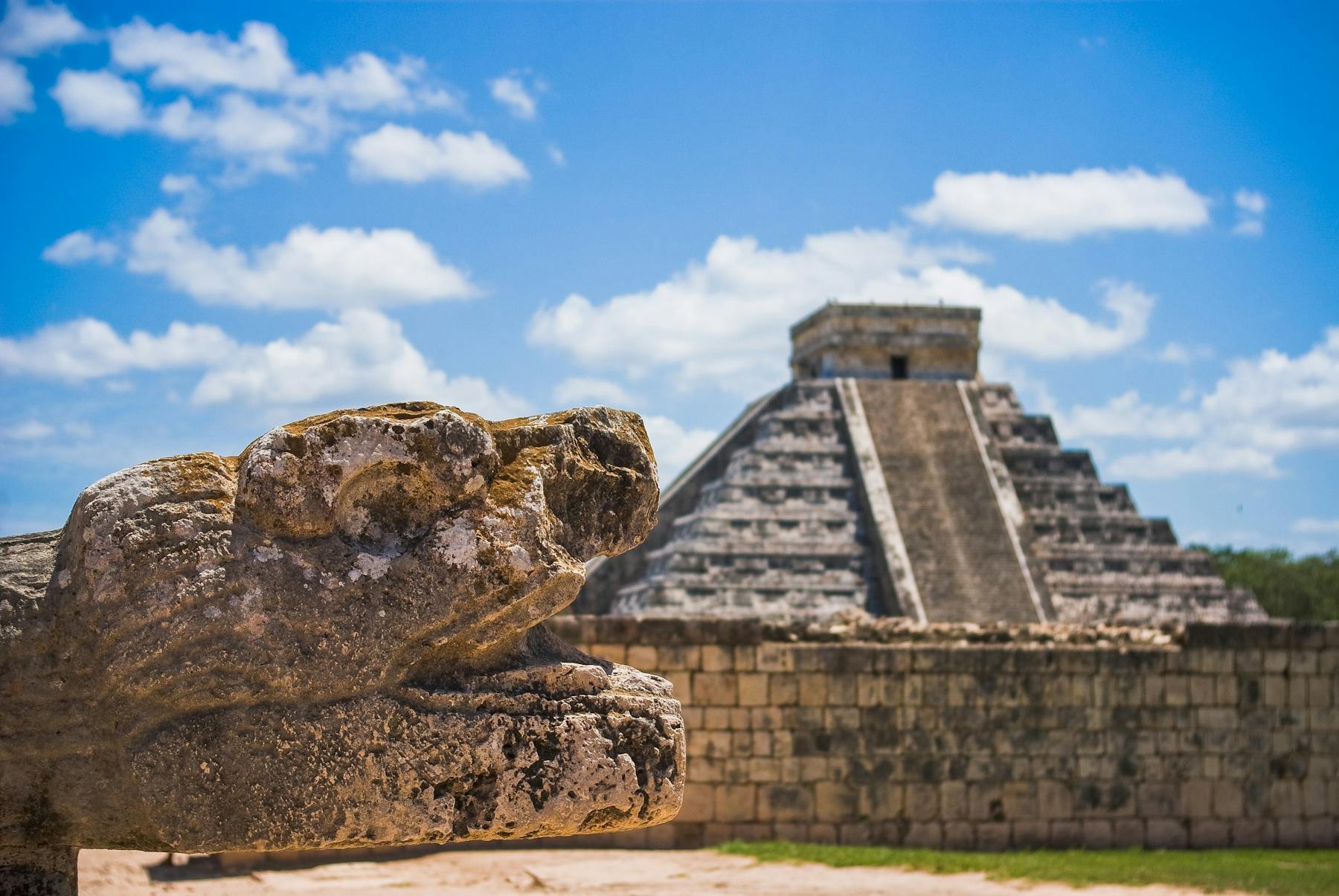


Why Trust Monito?
You’re probably all too familiar with the often outrageous cost of sending money abroad. After facing this frustration themselves back in 2013, co-founders François, Laurent, and Pascal launched a real-time comparison engine to compare the best money transfer services across the globe. Today, Monito’s award-winning comparisons, reviews, and guides are trusted by around 8 million people each year and our recommendations are backed by millions of pricing data points and dozens of expert tests — all allowing you to make the savviest decisions with confidence.
Monito is trusted by 15+ million users across the globe.
Monito's experts spend hours researching and testing services so that you don't have to.
Our recommendations are always unbiased and independent.


